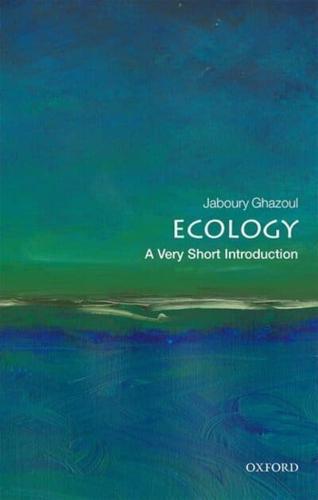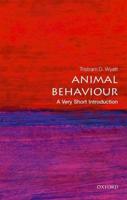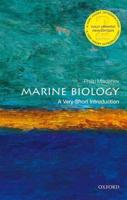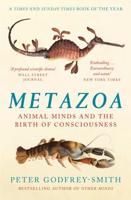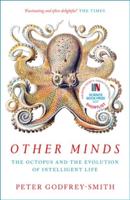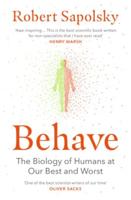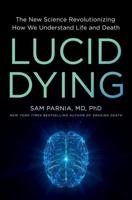Publisher's Synopsis
Understanding how our living environment works is essentially a study of ecological systems. Ecology is the science of how organisms interact with each other and with their environment, and how such interactions create self-organising communities and ecosystems. This science touches us all. The food we eat, the water we drink, the natural resources we use, our physical and mental health, and much of our cultural heritage are to a large degree products of ecological interactions of organisms and their environment. This Very Short Introduction celebrates the centrality of ecology in our lives. Jaboury Ghazoul explores how ecology has evolved rapidly from natural history to become a predictive science that explains how the natural world works, and which guides environmental policy and management decisions. Drawing on a range of examples, he shows how ecological science can be applied to management and conservation, including the extent to which theory has shaped practice. Ecological science has also shaped social and cultural perspectives on the environment, a process that influences politics of the environment. Ghazoul concludes by considering the future of ecology, particularly in the light of current and future environmental challenges. ABOUT THE SERIES: The Very Short Introductions series from Oxford University Press contains hundreds of titles in almost every subject area. These pocket-sized books are the perfect way to get ahead in a new subject quickly. Our expert authors combine facts, analysis, perspective, new ideas, and enthusiasm to make interesting and challenging topics highly readable.
